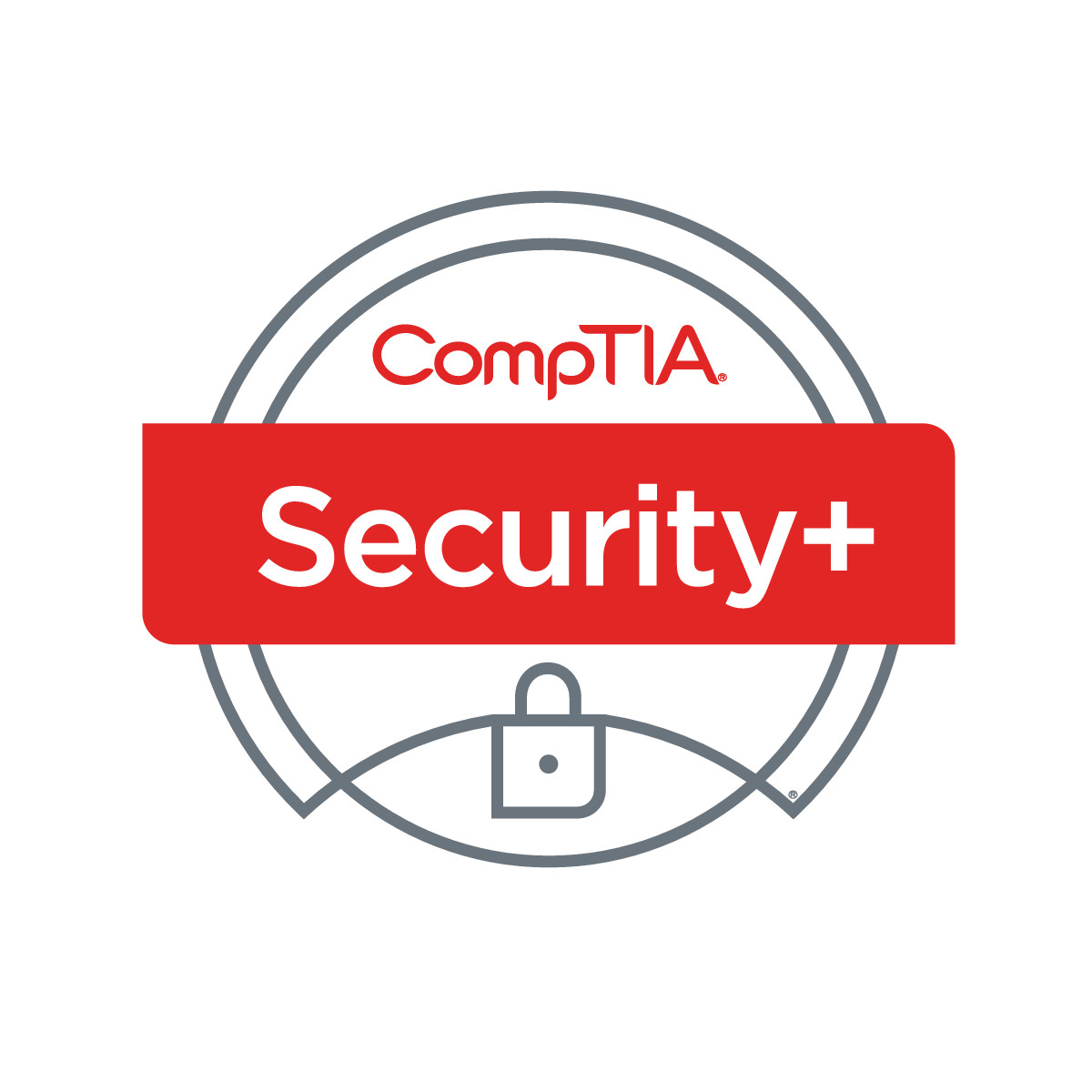An important part of the CyberWarrior training program is also in the area of professional development and enhanced soft skills that will help a new cybersecurity professional realize success in their new workplace. In response to employer feedback and demand, our program focuses on soft/professional skill training that enhances a student's "confidence" with their newfound skills.
To expand the student's overall core "competence" in cybersecurity, we embed skills such as critical thinking, communication, and presentation into our everyday curriculum. In each module, CWA introduces a skill through a company scenario/case study. In turn, the student uses the practical application of soft skills to reinforce and sustain both the technical and interpersonal learning.















































